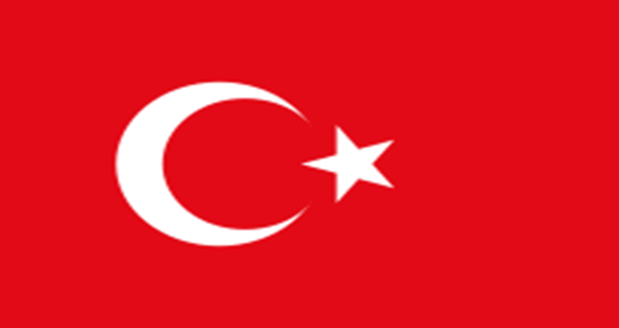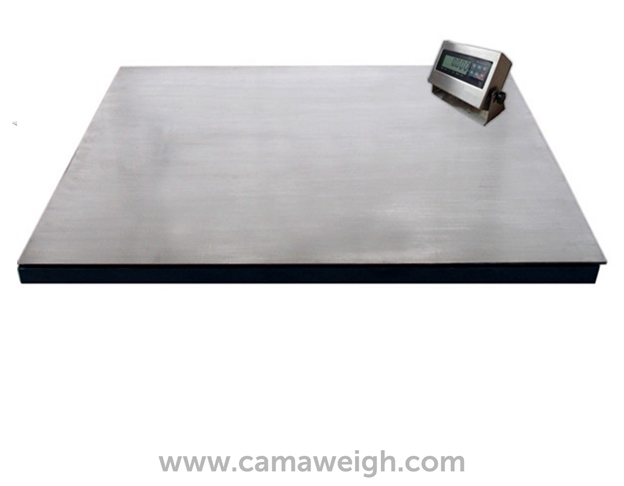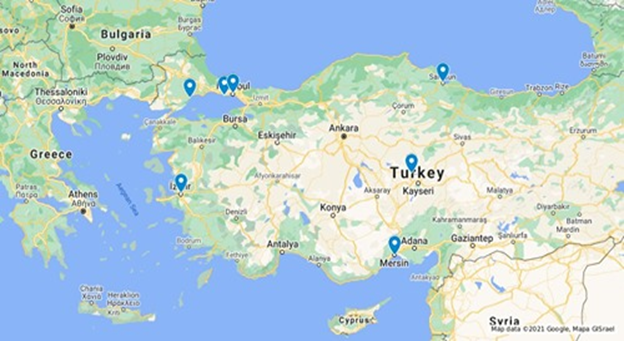
Introduction to Turkey
- Turkey has a population of 85 million.
- Capital: Ankara
- Official Language: Turkish
- Total Area: 783,562 km2
- Currency: Turkish Lira
Economic Statistics of Turkey
Economic Overview:
- Turkey is a transcontinental country located in Asia and Europe: 97% in Asia and 3% in Europe.
- Turkey is the 10th largest economy in the world.
- Turkey has a nominal GDP of USD 761.8 million.
- The largest industries: Pharmaceutical, Chemicals and Petrochemicals, machinery, oil, electronics, mining, textile, cable, iron, cement, iron, automotive and part, steel and paper.
Economy breakdown:
- Service sector: 59%
- Industry: 27%
- Agriculture: 6%
Main Import partners:
- China: 21%
- India: 11%
- Saudi Arabia: 10%
- United Arabs Emirates: 8%
Main Export Partners
- China: 2%
- United Kingdom: 7%
- Germany: 9%
- Iraq: 5%
- United States: 6%
The Manufacturing Industry in Turkey
The Manufacturing Industry contributes to Turkey's economic growth yearly by at least 18 % in GDP.
The manufacturing industry has contributed to Turkey's economy by creating more jobs, promoting small and medium manufacturing industries, and increasing its workforce's wages and salaries.
This growth is due to innovations, research and development, a highly skilled workforce, and good government policies.
Some of the largest manufacturing Sub-sectors in Turkey include:
- Textile Industry: Turkey's textile industry prides itself as one of the pillars of Turkey's economy. The sector contributes to an estimated 10 percent of the country's GDP. The industry also employs up to 20 percent of its total workforce, and it is considered a globally competitive market. The industrial scales used in the textile industry are:
- Automotive industry: The electric-car factory launched in 2011 and has positioned Turkey as one of the fastest-growing car manufacturers. Turkey's automotive industry was ranked 14th globally in 2015 after producing an estimated 1.3 million vehicles.
- Agriculture Industry: Turkey is the 7th largest producer in the world for agricultural goods. This industry employs 25% of the workforce. Most of the production and exports are based on crop production (57%), animal products (34%), forestry (6%), and fisheries (3%). Therefore, the weighing scales to measure these commodities are:
This industry uses a variety of vehicle weighing scales, which includes:

Floor scales are very convenient for manufacturing industries to weigh bulk products without lifting too much.
The Transportation and Logistic Industry in Turkey.
Given Turkey's economic growth, the demand for weighing scales in Turkey's transportation and logistics services is diverse; thus, its network is expected to increase.
The transportation and logistics industry contribute to about 15 percent of the whole country's GDP. This sector is considered one of the fastest-growing sectors, not only in Turkey but globally.
This constant growth is a result of good government policies which encourage Foreign Direct Investments. According to the Investment Support and Promotion Agency of Turkey (ISPAT), the transportation and logistics sectors are worth USD 200 billion by 2023.
Weighing scales are used in the transportation and logistics industry as a precautionary measure to ensure safety on the roads, air, and railway.
Types of Weighing System Used in Transportation and Logistic Industry.
These weighing scales are applied to many industries, such as shipping, construction, agriculture, logistics, and vehicle.
The following are some of the weighing scales that are used in this sector:
- Wireless portable weighing scales.
- Intelligent system
- Hydraulic Lift Table
- High precision weights.
- Pallet truck scales.
- Movable truck scales.
Sea Ports and Trading Hubs of Turkey
Turkey is accessible by both land and sea.
For international trading, Turkey's main seaports include Port of Mersin, Asyaport, Port of Ambarli, Port of Trabzon, Port of Samsun, and Port of Izmir Port of Iskenderun.
When exporting products to our clients in Turkey, Camaweigh uses its main seaport of Mersin, which is the largest container port.

What Weighing Scales does Turkey Import?
According to the latest trade data, some of the leading weighing scales that Turkey import include:
- Crane Scale.
- Folding Barrier
- Test Weights.
- Fence Gate Barrier
- LPG Filling.
- Airport Scales.
- Intelligent Weighing
- Mobile Trailer with Solar Panels
- Indicators.
What Regulations are there on Importing Equipment to Turkey?
Turkey's government has put all importers to follow the set guidelines, which help Turkey regulate importing goods into the country.
Below are the regulations that guide the importation processes and ensure that the importers follow the set standards.
- Import documents: it is a requirement by Turkey's government that any commercial shipment must be accompanied by a commercial invoice and a bill of landing or an airway bill.
- Conformity compliance.
- Import license.
- Commercial invoice.
- Certificate of origin: To indicate clearly where the goods are coming from.
- Risk-based trade control systems.
- Inspection and examination procedures.
- Valuation.
- Insurance certificate.
- Identification document
- Cargo release order.
- Packing list.
- Certificate of weight and volume.
Camaweigh will make sure to handle all logistic and document processes for your company and our worldwide clients.
Why Should Turkey Import Equipment?
- Availability – Customers require timely deliveries, and local industries cannot deliver bulk goods.
- The high cost of equipment – High taxation and prices of raw materials have contributed to the overall high cost of equipment production.
- Quality of equipment - Some local industries do not produce up to standard products— Camaweigh offers high-quality equipment with testing and certification.
Where Can I Buy Equipment for Turkey?
Camaweigh has been exporting a wide range of weighing equipment to clients in Turkey. Feel free to contact us at [email protected] or WhatsApp us at +86-131-2037-9271 for a FREE quotation.
We also ship worldwide; for other countries, check out our experience here.


 French
French Spanish
Spanish